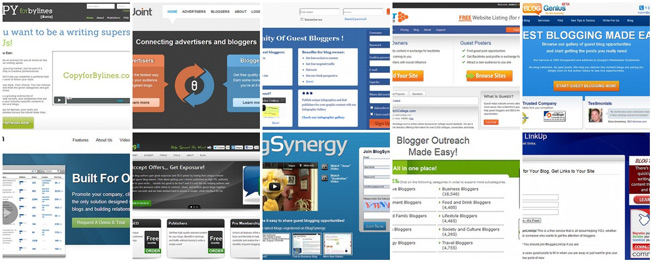Ha! 2009 was rough. Very. Finished my master’s that year, experienced similar circumstances and implemented a lot of the same strategies, but not the performance-based pricing listed below. As it turns out, it was a terrific idea for a start-up PR business. Congrats, Zach and an excellent read from Entrepreneur.
I graduated from college in the worst year for finding a job in recent history: 2009. I had one interview after another, and the one offer I did receive kept getting delayed. I needed to find a job fast or move back home to California from D.C.
Having always been entrepreneurial, and with a passion for marketing, I decided to form a PR firm with only $200, and a whole lot of unknowns and risks. Six years later, Cutler PR is a leading boutique tech PR firm based in New York that has serviced over 70 clients including major adtech, edtech, fintech and consumer tech companies.
Like many entrepreneurs, I was starting a business with little to no capital. While a generous line of credit, a handful of investors or an attractive inheritance can make starting a business easier, it’s possible to start a business with very little funding. But to do so, the sweat equity will be tremendous.
Related: What Makes Startups Succeed When 40 Percent Fail?
Don’t let a limited budget stand in the way of what could be a successful business and rewarding career. Here are five ways first-time entrepreneurs can bootstrap their way to startup success. It will be incredibly difficult, but it can be done.
1. Utilize a personal network.
The most important step in turning an idea into an actual business is to build a customer or user base. For startup companies with no real footing within the industry, that can be particularly difficult. That being the case, entrepreneurs need to turn to their personal networks.
When I started my business, one of the first things I did was contact various people in my network to tell them about what I was doing to see if I could muster my first few clients. I landed three clients initially — one was a company a relative worked for, another was a company I interned at in college and the third was a company a friend introduced me to.
Until we started getting search engine optimization and inbound leads, all of our clients came from word-of-mouth referrals, most of which stemmed from our original clients. Today, more than 40 of our clients can be traced back to our first half dozen clients.
Build a strong client or customer base in the beginning, and business will blossom from there.
2. Be scrappy.
Running a startup requires entrepreneurs to be unbelievably scrappy. First-time business owners don’t always have the money or resources needed to perform certain tasks or hire consultants, freelancers or employees, which means they have to take matters into their own hands. Sometimes that means figuring things out on the fly or just winging it — doing what they can with what they have.
My firm was so bootstrapped in the beginning that I didn’t even want to pay for accounting software — something I lived to regret because my finances were nowhere near as organized as I would have liked them to be. My advice? New entrepreneurs should save where they can, but not be afraid to spend where they need to.
Related: 10 Bootstrapping Tips to Help Turn Your Idea Into a Reality
3. Seek advice.
First-time entrepreneurs should aim to learn from the failures and successes of people who have done what they’re trying to do. Why try to reinvent the wheel? Seek advice from people who have been there, done that.
Articles and books, while helpful, can only tell a person so much about starting and running a business. Seek out entrepreneurs in similar sectors, speak to them and learn firsthand from their experiences.
I did this multiple times with owners of various PR firms. Find seasoned entrepreneurs who are willing to be open and honest about their experiences. Sometimes that can be tricky. The key to doing it is to approach them as an admirer who has something to learn — not competition who wants something to take.
4. Differentiate the offering.
Standing out in a sea of businesses boasting similar offerings can be difficult, which is why entrepreneurs need to strive to differentiate themselves and their products or services from the competition. How can entrepreneurs attract various shareholders to a business with no reputation or track record?
Craft a convincing pitch about what makes the business different from others within the same industry. Entrepreneurs should focus on the value their companies will bring and why consumers, potential clients and investors should take a chance on their businesses over others that may be more established.
5. Be creative (and competitive) with pricing.
One tried-and-true way to differentiate a new business from similar businesses is with pricing. For new business owners who are still trying to establish themselves within the industry, offering performance or quality-based pricing can be a huge incentive for clients or customers.
I was able to sign on clients in the beginning who never would have signed because I was willing to be innovative with my pricing model and structure it based on performance. In other words, they had very little to lose if I didn’t deliver results. As Cutler PR has grown spectacularly before my eyes, I’ve kept the barebones philosophy from the first days — that results, alongside awesome service, are what drive us.
Original article HERE.
Author:





